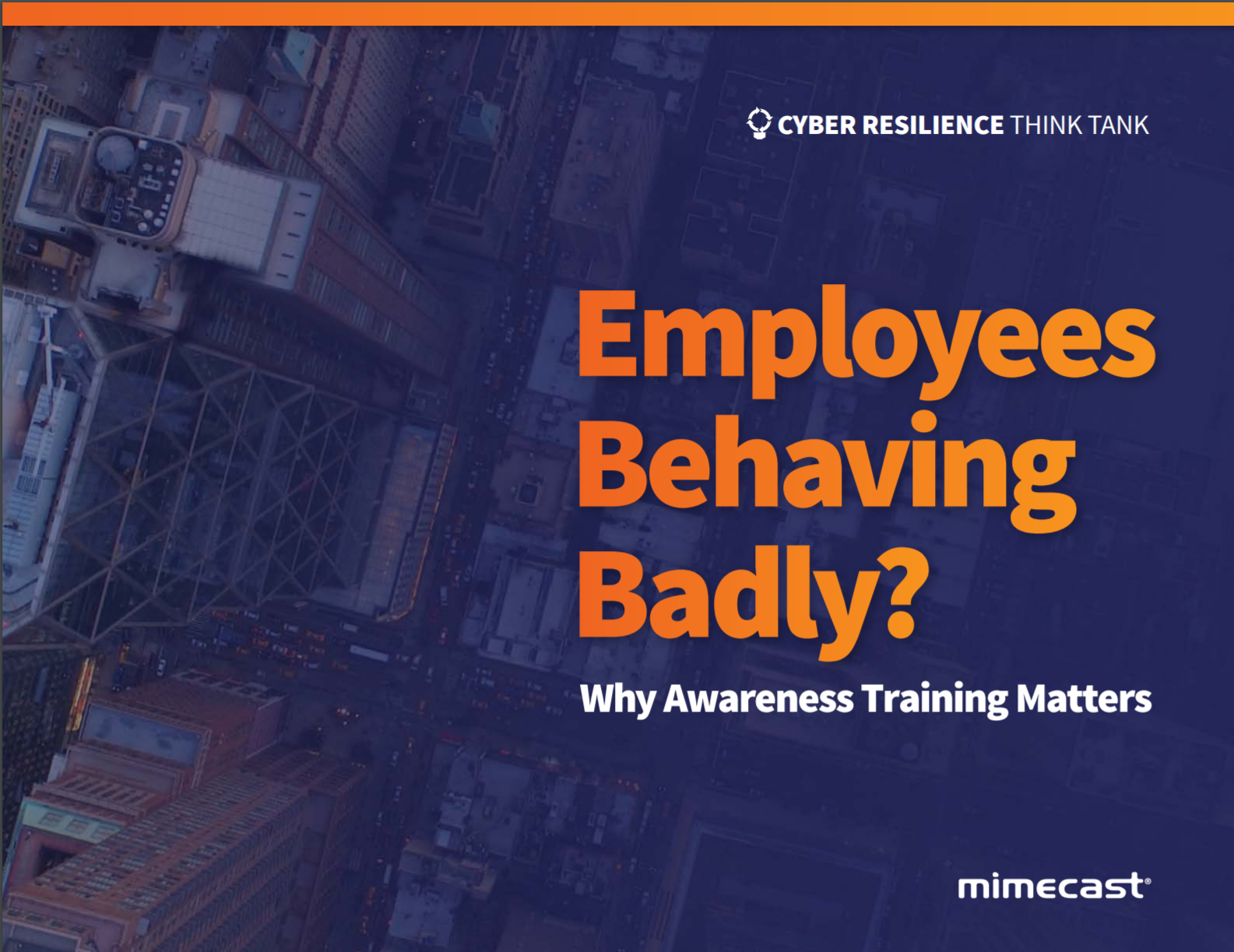FTC: D-Link IoT devices put thousands of customers at risk
D-Link calls Federal Trade Commission's claims "vague and unsubstantiated"

The US Federal Trade Commission has accused D-Link of putting thousands of customers at risk by failing to provide adequate security measures in its IoT devices.
Charges filed yesterday say the Taiwanese company failed to take steps to prevent intruders from hacking IoT devices, with the view to steal customer network data or add devices to a larger 'botnet'.
D-Link called the allegations "vague and unsubstantiated".
The filing, made to the US District Court for the Northern District of California, represents a wider FTC campaign to improve the security of connected devices around the home, including webcams, routers, security cameras and other smart home technology.
The complaint states D-Link has "failed to take reasonable steps to protect their routers and IP cameras from widely known and reasonably foreseeable risks of unauthorised access", and has failed to protect customers against flaws considered "among the most critical and widespread web application vulnerabilities since at least 2007".
D-Link is accused of repeatedly failing to guard against "easily preventable software flaws", including the use of default user credentials, command injection flaws, and backdoors, which would allow the remote hacking of devices.
Specified in the complaint are D-Link's Wireless N 300 Router, N Dual Band Router, and the N Network Camera.
Get the ITPro daily newsletter
Sign up today and you will receive a free copy of our Future Focus 2025 report - the leading guidance on AI, cybersecurity and other IT challenges as per 700+ senior executives
The company's allegedly inadequate approach to security has meant D-Link devices have put thousands of customers at risk of unauthorised access, and of being made part of a larger IoT botnet, according to the complaint.
"The FTC has made vague and unsubstantiated allegations relating to routers and IP cameras," a D-Link spokesperson responded in a statement. "D-Link Systems will vigorously defend itself against the unwarranted and baseless charges made by the FTC."
"The complaint does not allege any breach of a D-Link Systems device. Instead, the FTC speculates that consumers were placed 'at risk' to be hacked, but fails to allege that actual consumers suffered or are likely to suffer actual substantial injuries," the statement adds.
A D-Link Wi-Fi camera flaw discovered in July 2016 was found to have potentially exposed 400,000 devices to remote hacking, allowing intruders to change default credentials and potentially spy on users in their home. A firmware update to the DCS-930L Cloud Camera allowed hackers to use a single line of code to gain unauthorised access. D-Link is yet to respond to IT Pro's request for comment on the issue.
The hacking of IoT devices has led to the creation of botnets on a massive scale, resulting in a series of attacks by the so-called 'Mirai botnet' in 2016. Since its discovery, the army of enthralled IoT devices has launched some of the largest DDoS attacks in history, including the massive cyber attack against Dyn servers in October, which knocked sites such as Twitter, Netflix and Reddit offline.
The FTC brought similar charges against Asus last February, after a flaw was discovered in 2014 that allowed almost 13,000 routers to be remotely hacked, forcing the company into a program of independent security reviews for the next 20 years.
The complaint outlines six counts of breaking FTC policy, including misrepresentation of promotional security material and unfairness in handling customer safety. The FTC has requested the court to force D-Link to review security practices and reimburse any legal fees.
Dale Walker is a contributor specializing in cybersecurity, data protection, and IT regulations. He was the former managing editor at ITPro, as well as its sibling sites CloudPro and ChannelPro. He spent a number of years reporting for ITPro from numerous domestic and international events, including IBM, Red Hat, Google, and has been a regular reporter for Microsoft's various yearly showcases, including Ignite.
-
 Cleo attack victim list grows as Hertz confirms customer data stolen
Cleo attack victim list grows as Hertz confirms customer data stolenNews Hertz has confirmed it suffered a data breach as a result of the Cleo zero-day vulnerability in late 2024, with the car rental giant warning that customer data was stolen.
By Ross Kelly
-
 Lateral moves in tech: Why leaders should support employee mobility
Lateral moves in tech: Why leaders should support employee mobilityIn-depth Encouraging staff to switch roles can have long-term benefits for skills in the tech sector
By Keri Allan
-
 Seized database helps Europol snare botnet customers in ‘Operation Endgame’ follow-up sting
Seized database helps Europol snare botnet customers in ‘Operation Endgame’ follow-up stingNews Europol has detained several people believed to be involved in a botnet operation as part of a follow-up to a major takedown last year.
By Emma Woollacott
-
 Horabot campaign targeted businesses for more than two years before finally being discovered
Horabot campaign targeted businesses for more than two years before finally being discoveredNews The newly-discovered Horabot botnet has attacked companies in the accounting, investment, and construction sectors in particular
By Ross Kelly
-
 JD Sports details cyber security revamp following January attack
JD Sports details cyber security revamp following January attackNews It hopes a multi-vendor approach will substantially improve its cyber resilience
By Connor Jones
-
 96% of CISOs without necessary support to maintain cyber security
96% of CISOs without necessary support to maintain cyber securityNews Security professionals are leaving due to stress, and called out lack of understanding from co-workers
By Rory Bathgate
-
 Employees behaving badly?
Employees behaving badly?Whitepaper Why awareness training matters
By ITPro
-
 UK crime fighters wrangle “several thousand” potential cyber criminals in DDoS-for-hire honeypot
UK crime fighters wrangle “several thousand” potential cyber criminals in DDoS-for-hire honeypotNews The sting follows a recent crackdown on DDoS-for-hire services globally
By Ross Kelly
-
 Brand-new Emotet campaign socially engineers its way from detection
Brand-new Emotet campaign socially engineers its way from detectionNews This latest resurgence follows a three-month hiatus and tricks users into re-enabling dangerous VBA macros
By Ross Kelly
-
 Freshworks CISO Jason Loomis embraces the ‘shift left’ amid surging supply chain threats
Freshworks CISO Jason Loomis embraces the ‘shift left’ amid surging supply chain threatsCase Studies Fewer than 100 days in the role, Jason Loomis reveals his plans for the future of security at Freshworks, and discusses the rising threat of API vulnerablities
By Ross Kelly